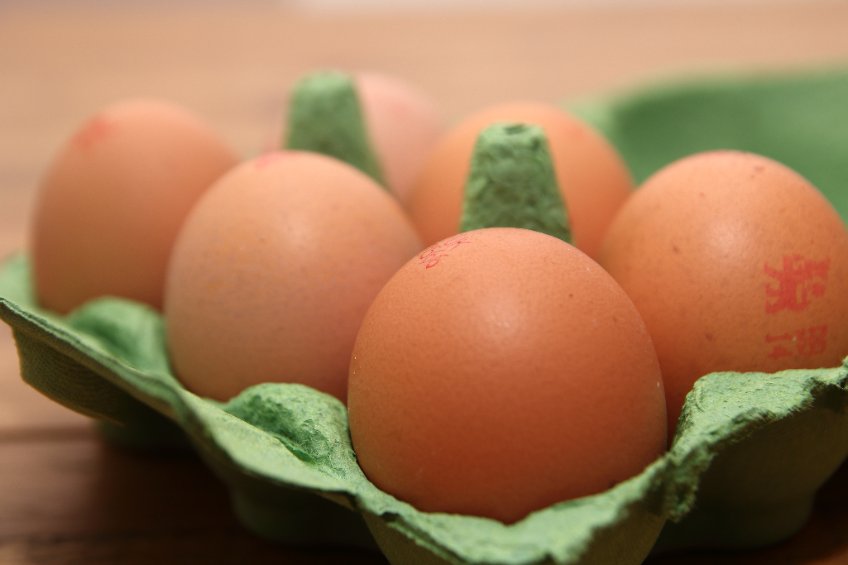Surge in lower quality egg imports sparks UK food safety fears

Food businesses are being urged not to play roulette with customer safety, as the British Egg Industry Council (BEIC) warns of a surge in risky imported eggs flooding the UK market.
Since the beginning of the year, the volume of imported eggs has risen significantly, prompting fears that eggs produced to lower food safety standards than the British Lion scheme could trigger foodborne illness outbreaks similar to those seen in parts of Europe.
Particular concern has been raised about large quantities of eggs arriving from Poland and Ukraine. The industry is still reeling from a major salmonella outbreak in the UK, which was directly linked to imported Polish eggs.
The BEIC is urging all food businesses—especially those catering to vulnerable groups such as babies, young children, pregnant women and the elderly—to carefully examine the source of their eggs and ensure they meet British Lion standards.
Only British Lion eggs are approved by the Food Standards Agency (FSA) to be consumed runny by all age groups; imported eggs do not hold this endorsement.
Nick Allen, chief executive of the British Egg Industry Council, expressed serious concern over the increasing presence of imported eggs in the UK, particularly from countries with a history of food safety breaches.
“We’re seeing a worrying rise in imported eggs entering the UK, many from countries where food safety issues have arisen,” he said. “These eggs don’t get close to matching the safety standards of British Lion eggs.”
He highlighted that eggs from Poland were “directly linked to Salmonella cases here in the UK” last year, and warned that “there are ongoing serious issues in Europe involving eggs from Ukraine and elsewhere.”
Mr Allen stressed the heightened risk to vulnerable groups, adding: “If you're serving vulnerable customers — from care home residents to pregnant women and young children — it is never a good time to take risks with food safety, but the risks are even higher at present.
"The advice from the Food Standards Agency is very clear, British Lion eggs are approved to be served runny to these groups. Imported eggs are not.”
He concluded with a strong appeal to the food industry: “We are urging food businesses to check their egg sourcing very carefully. Their reputation, and more importantly, their customers’ health, could depend on it.”
The British Lion mark assures consumers and businesses that eggs have been produced under a rigorous Code of Practice covering food safety, traceability, and animal welfare.
The warning from the BEIC comes as consumer pressure continues to mount. Supermarket shoppers are cracking down on imported eggs — with over 50,000 Brits demanding homegrown eggs in British-made foods.
The petition, launched in response to growing public concern over the use of imported eggs in ready-to-eat products such as sandwiches, has gained widespread support.
It reflects a strong national sentiment that British eggs—produced to higher food safety and animal welfare standards—should be the default choice for both consumers and manufacturers alike.








